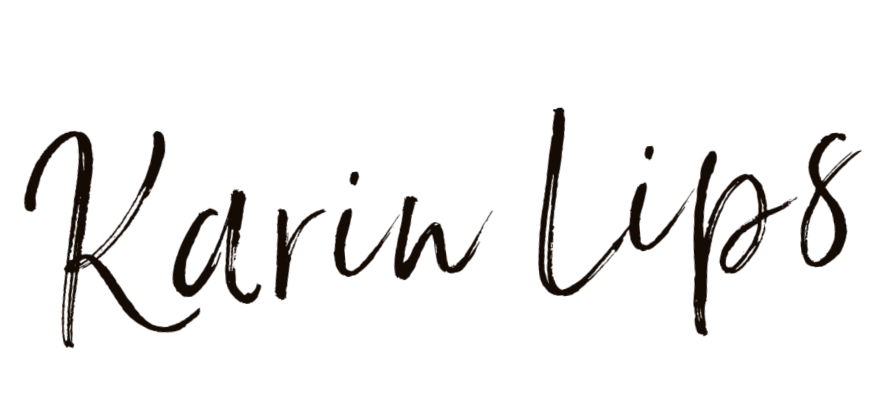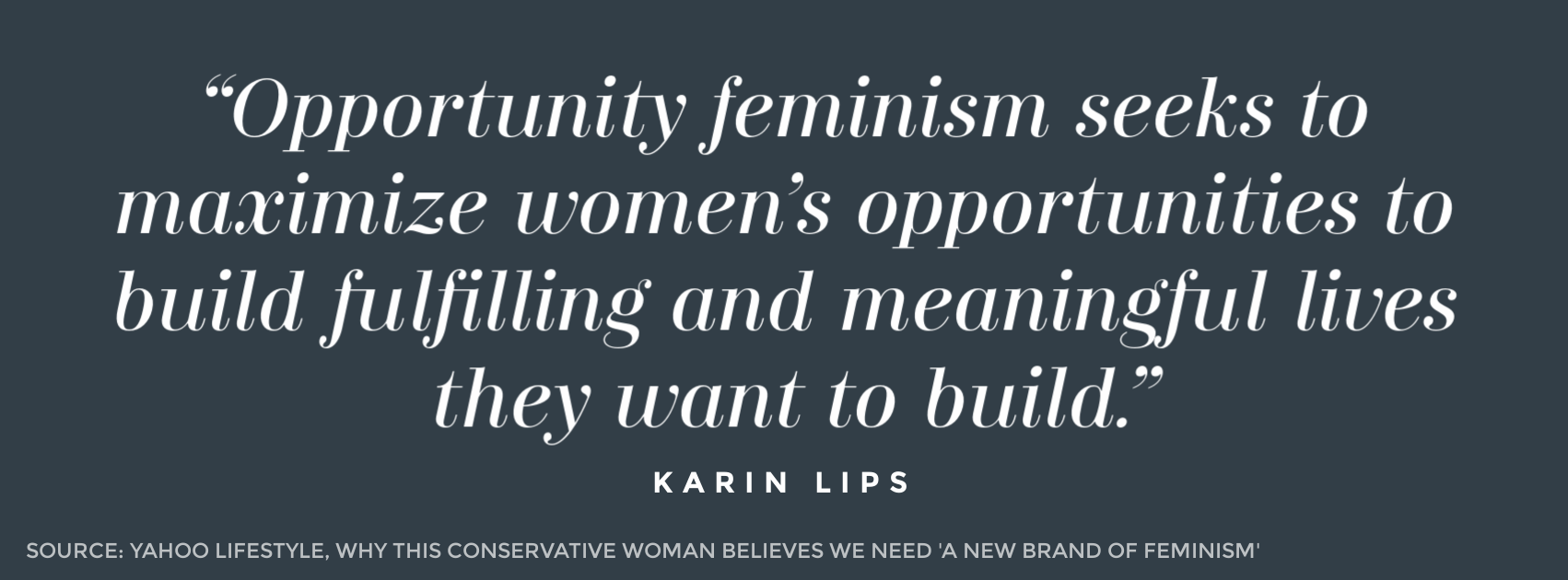Making a College Prep Checklist? Get Ready for the Campus Thought-Police
This article originally appeared in US News & World Report.
It is that time of the year when young adults are heading off to college. For parents, it is time to help students prepare for campus life. Bed Bath & Beyond publishes its “Campus Checklist” complete with 125 boxes for college students to check off to make sure they have everything they need for college. From mattress pads to door mirrors and shower totes, the store provides a handy guide to ensuring that college students enjoy all of the creature comforts while living on campus.
Unfortunately, there isn’t a handy list to help students prepare for the real challenges that they will face on today’s college campuses – from navigating the social scene to maintaining a focus on academics, which is becoming an afterthought on too many campuses. One big challenge that most students probably aren’t prepared for is the lack of intellectual diversity on American college campuses and specifically the problem that saying the wrong thing might make them a target of the campus thought-police.
Higher education is idealized as a place where students are taught to think on their own after being exposed to a broad range of views. But today, unfortunately, when it comes to politics and culture on campus, critical thinking has often been replaced with liberal groupthink, and students who dare to challenge conventional wisdom are punished for their views. A 2005 study by three political scientists found that 72 percent of college faculty members are liberal. That a lot of college professors lean to the left is no surprise to any of us who have gone to college. But what is new is the growing trend of liberals silencing dissent on college campuses.
In her bestselling book, “The Silencing: How the Left is Killing Free Speech,” Fox News contributor and USA Today columnist Kirsten Powers describes what she calls the “illiberal left” or those who “consider themselves liberals, but act in direct contradiction to the fundamental liberal values of free speech, debate and dissent.” Specifically, Powers explains that members of the illiberal left believe that, “people who express ideological, philosophical or political views that don’t line up with their preferences should be completely silenced.” Rather than making positive arguments for their causes or views, Powers writes, “they work to delegitimize the person making the argument through character assassination, demonization and dehumanizing tactics.”
College campuses are ground zero for the illiberal left’s war on dissenting opinions. In her book, Powers cites a number of examples of this dynamic occurring on college campuses through “free speech zones,” speech codes and “trigger warnings.” The Foundation for Individual Rights in Education, she notes, found that 1 in 6 of America’s 400 top colleges has “free speech zones,” a tactic used to regulate the expression of free speech. And a 2015 report from the same foundation found that a majority of the 437 colleges surveyed maintain “severely restrictive, ‘red light’ speech codes – policies that clearly and substantially prohibit protected speech.”
We can’t forget the “trigger warnings,” a term to describe the alerts professors are encouraged to use on some campuses to inform students that content might be traumatizing. Powers notes that in 2014, Oberlin College professors were told to provide trigger warnings and that, “Anything could be a trigger – a smell, song, scene, phrase, place, person, and so on. Some triggers cannot be anticipated, but many can.” How are students supposed to learn to think critically, including analyzing unpopular ideas, in this type of environment?
Outside speakers are also silenced by campus pressures. Powers cites, for example, the 2014 commencement season, when planned graduation speakers including former Secretary of State Condoleezza Rice and International Monetary Fund Managing Director Christine Lagarde withdrew after students and faculty protested having them on campus because of their views.
This summer, parents have spent countless hours making sure their kids have what they will need to succeed on campus and had what may seem like endless conversations about picking majors and careers. What many parents and college students should be worried about is what the intellectual environment will be like on campus.
If you are thinking about picking up a gift for a student heading off to college, they probably already have enough monogrammed bath towels. Pick up a copy of Powers’ book. Students should be better prepared for what they will find on campus. Once they recognize what is happening, then they will be able to confront it.



